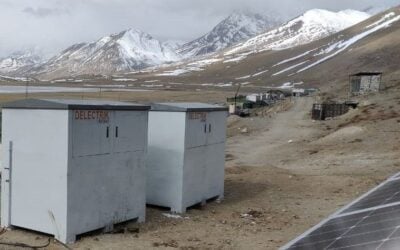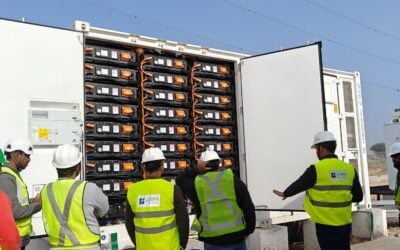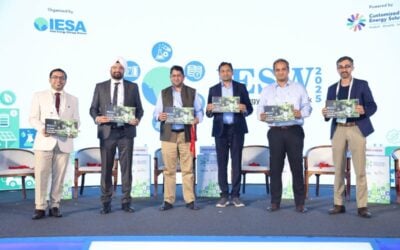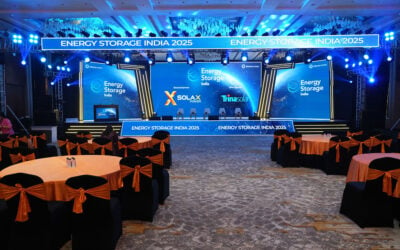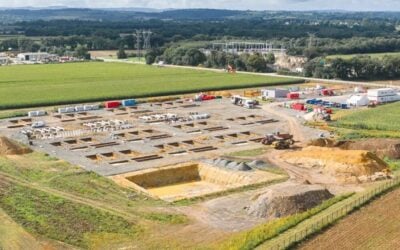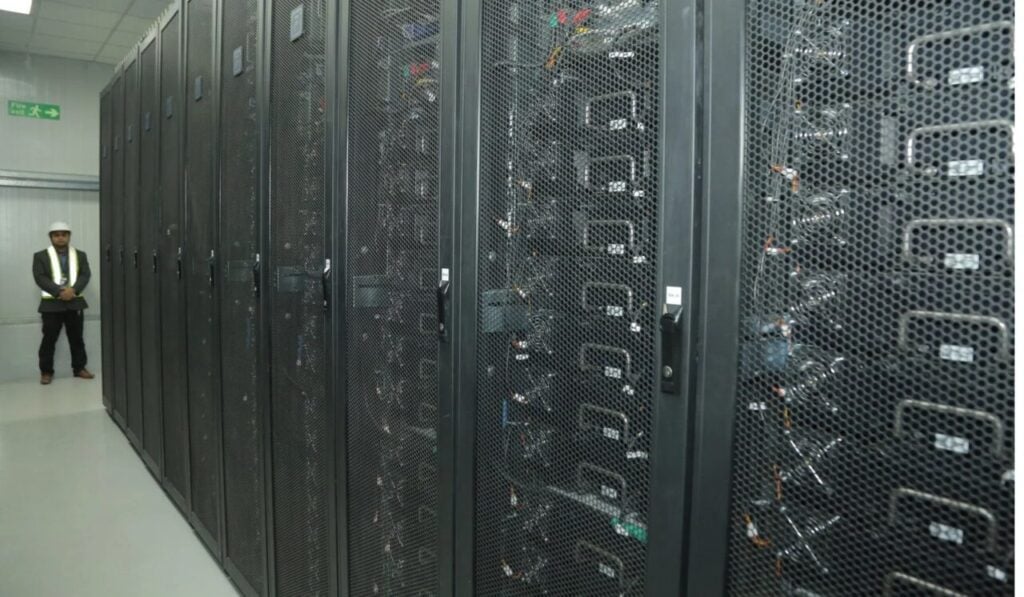
Electric utility and generation company Tata Power has received regulatory approval to deploy a centrally controlled battery storage system in Mumbai, India.
The company, part of the Tata Group, said yesterday that state regulator Maharashtra Electricity Regulatory Commission (MERC) approved its plans to install a 100MW battery energy storage system (BESS) over the next two years.
While the company described the project as one system, the storage capacity will be distributed across 10 sites near load centres in India’s largest city. It will be centrally monitored and controlled from Tata Power’s Power System Control Center (PSCC) in Mumbai, which has operated as a load dispatch centre since 1950.
The storage system will connect to the city’s electricity distribution network to serve multiple functions. It will be equipped with black start capability to restore power supply independently of the grid to critical infrastructure in the event of outages or blackouts.
Try Premium for just $1
- Full premium access for the first month at only $1
- Converts to an annual rate after 30 days unless cancelled
- Cancel anytime during the trial period
Premium Benefits
- Expert industry analysis and interviews
- Digital access to PV Tech Power journal
- Exclusive event discounts
Or get the full Premium subscription right away
Or continue reading this article for free
Tata Power said this includes the metro transport network, hospitals, Mumbai airport and data centres, while the system will also be able to provide reactive power management.
The system’s high ramp-rate capability will also enable the utility and transmission operator to manage peak loads and reduce power purchase costs through arbitraging between off-peak low-cost energy and higher-cost peak hours.
Investing in the BESS will also serve as a non-wires alternative (NWA) to transmission and distribution (T&D) infrastructure upgrades, which would be more Capex intensive, the company claimed.
Tata Power JV behind 2021 project in Delhi
At the same time, the BESS will provide ancillary services such as frequency regulation and voltage support to the network and aid the integration of growing shares of renewable energy, particularly solar PV, by time-shifting solar-generated energy from hours of abundant production to peak times.
There are plans to integrate the battery storage at an unspecified future date to the company’s distributed energy resource management (DERMS) system which controls and dispatched aggregated behind-the-meter (BTM) energy assets.
Tata Power has a portfolio of energy and power assets across renewable and conventional generation, T&D, energy storage and emerging technologies, which totals 15.6GW. Its generation portfolio in India includes 6.7GW of clean and renewable sources, around 43%.
The company is one of Mumbai’s four electricity distribution companies (‘discoms’), and while there is a lot of focus in India’s power sector on transmission-connected large utility-scale battery and pumped hydro energy storage development, including by Tata Power, one of the company’s other discom entities was also behind the deployment of the country’s first distribution-connected BESS project.
Tata Power Delhi Distribution Ltd (Tata Power-DDL), a joint venture (JV) with the National Capital Territory (NCT) government of Delhi, inaugurated a 150kWh / 528KWh lithium-ion (Li-ion) BESS in March 2021, as reported by Energy-Storage.news.
Described at the time as a community energy storage system, the 0.52MWh project also performs multiple functions including peak load management and black start capability, connected to one of the discom’s substations.
Energy-Storage.news has reached out to Tata Power for comment on the newly announced project and will update this story in due course.

